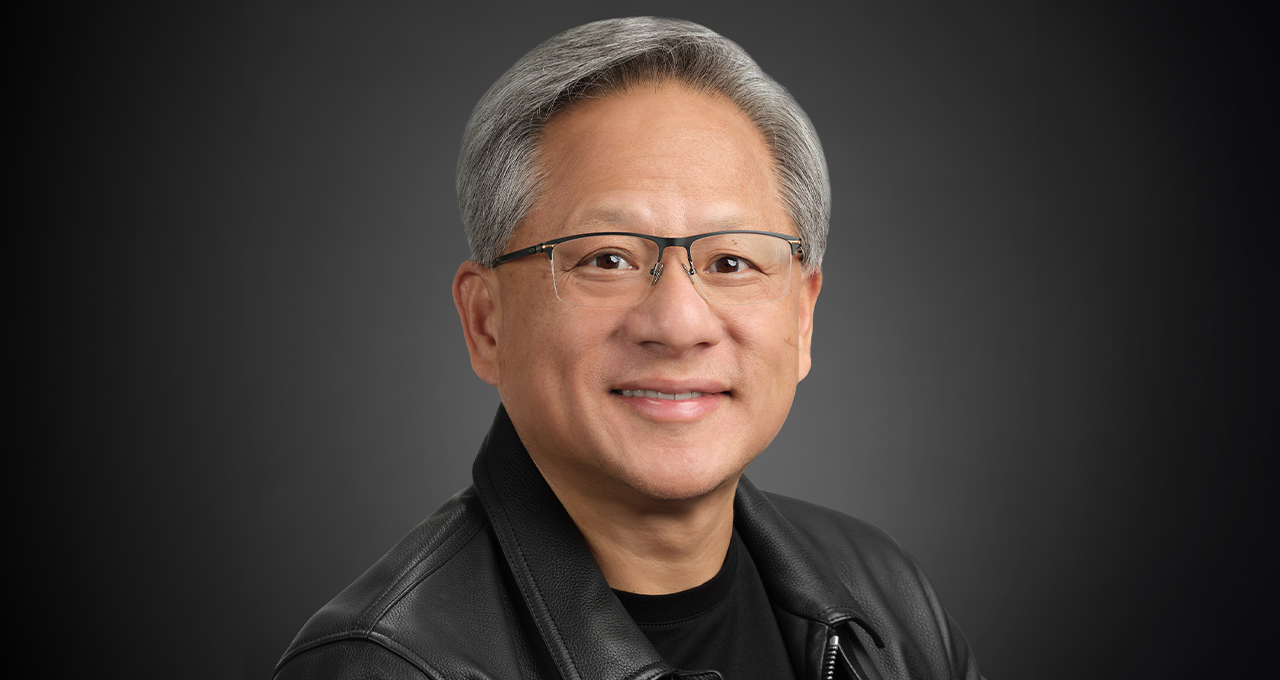Artificial Intelligence (AI) is no longer a futuristic concept; it is rapidly becoming an integral part of everyday life, influencing sectors from healthcare to education, finance to entertainment. As AI continues to evolve, its future promises both opportunities and challenges, with potential implications that could reshape society as we know it.
One of the most significant impacts of AI is its ability to automate repetitive tasks, freeing up human labor for more creative and complex endeavors. Industries such as manufacturing and logistics are already benefiting from AI-driven automation, which increases efficiency and reduces costs. The integration of AI into healthcare is also revolutionizing diagnostics and treatment, with algorithms now able to analyze medical data and suggest personalized treatment plans.
However, the future of AI is not without concerns. Experts warn of job displacement as machines become capable of performing tasks once reserved for humans. There are also ethical issues surrounding data privacy, decision-making biases in AI algorithms, and the potential misuse of AI technologies in surveillance and warfare.
Despite these challenges, AI holds incredible potential for solving some of humanity’s biggest problems. In education, AI can create personalized learning experiences, adapting content to suit individual students’ needs. In environmental conservation, AI systems can monitor ecosystems, predict natural disasters, and optimize resource management to combat climate change.
Looking forward, the development of more advanced AI systems, such as artificial general intelligence (AGI), raises profound questions about the future role of humans in a world increasingly dominated by intelligent machines. Will AI surpass human intelligence, or will it remain a tool to enhance human capabilities?
One thing is certain: the future of AI will depend not only on technological advancements but also on the ethical frameworks and policies we create today to ensure it benefits all of society. As we embrace this next phase of innovation, the world must be prepared to navigate the complexities of a future where AI plays a central role.






